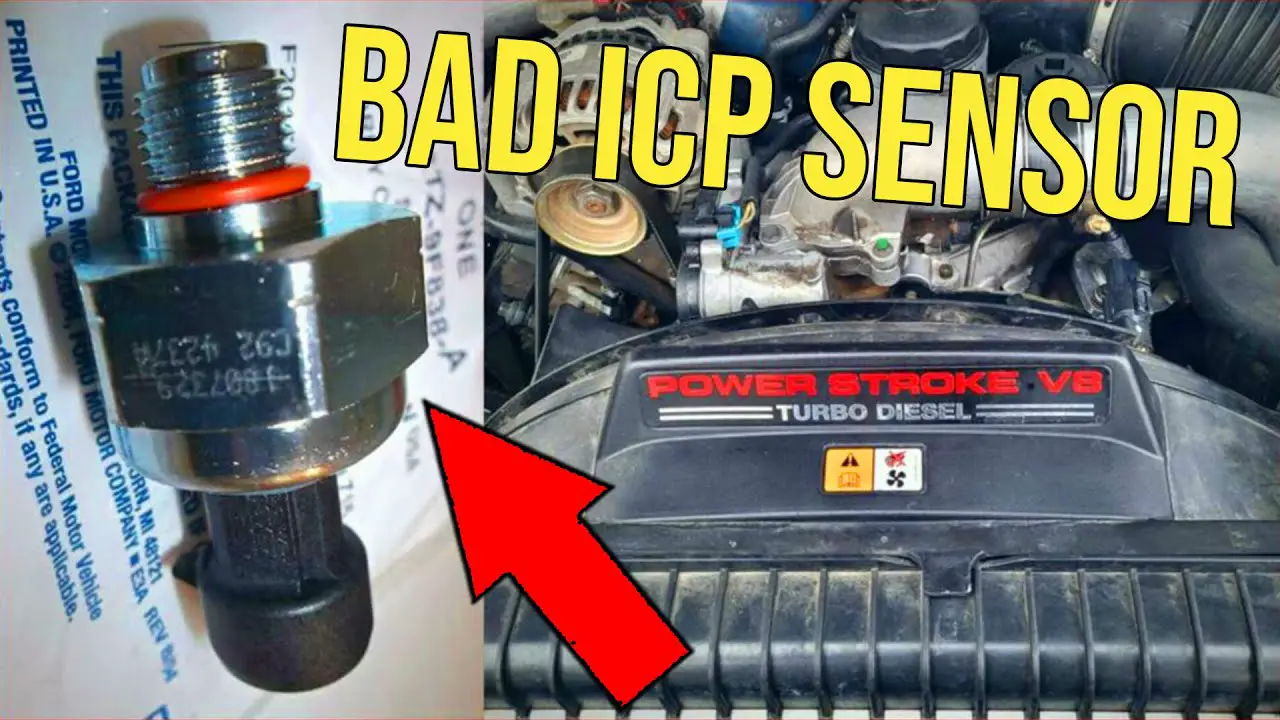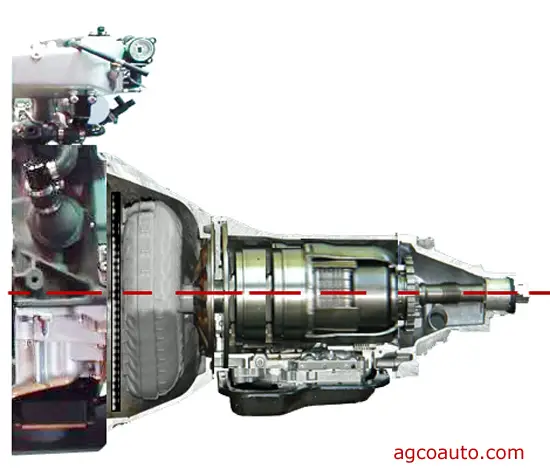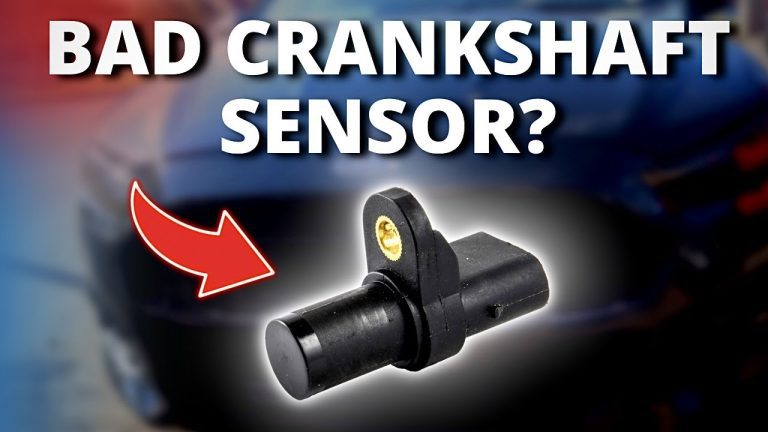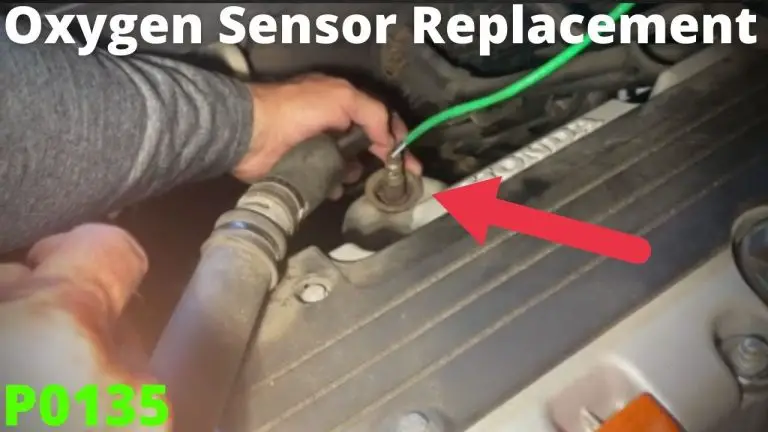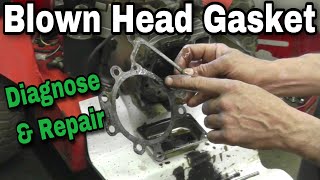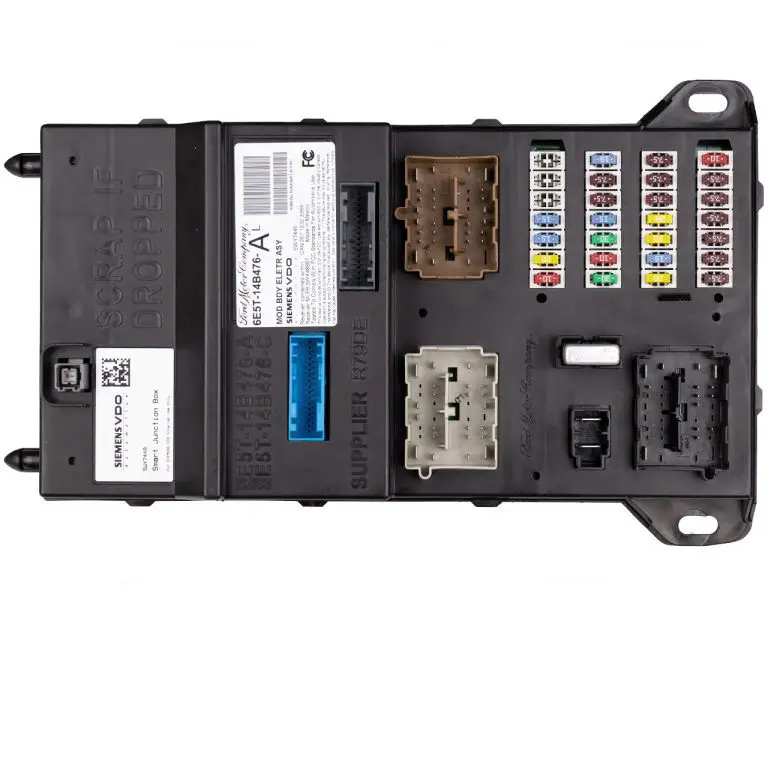Symptoms of a Bad Icp Sensor 6.0
The Injection Control Pressure (ICP) sensor is a crucial component of the 6.0L Power Stroke diesel engine. It plays a key role in the engine’s performance by monitoring the pressure of the high-pressure oil system. When the ICP sensor starts to fail, it can cause a range of issues that can impact the performance and reliability of the engine. In this article, we will discuss the symptoms of a bad ICP sensor in a 6.0L Power Stroke engine.
What is an ICP Sensor?
Before we delve into the symptoms of a bad ICP sensor, let’s briefly discuss what the ICP sensor is and what role it plays in the functioning of the engine. The ICP sensor is located in the high-pressure oil system and is responsible for monitoring the pressure of the oil that is used to operate the fuel injectors. It sends this information to the engine control module (ECM), which uses it to optimize fuel injection for efficient engine performance.
Symptoms of a Bad ICP Sensor
Now, let’s take a look at some of the common symptoms that indicate a potential issue with the ICP sensor:
1. Hard Start
A hard start condition, where the engine takes longer than usual to start, can be a sign of a faulty ICP sensor. When the sensor is failing, it may not provide accurate pressure readings to the ECM, leading to difficulties in starting the engine.
2. Stalling
If the ICP sensor is malfunctioning, it can cause the engine to stall during operation. This is often accompanied by a sudden loss of power and may occur intermittently as the sensor deteriorates further.
3. Rough Idle
Another common symptom of a bad ICP sensor is a rough or unstable idle. The engine may exhibit erratic idling behavior, such as fluctuating RPMs or a noticeable vibration, which can be attributed to an inaccurate pressure reading from the faulty sensor.
4. Misfiring
A malfunctioning ICP sensor can also lead to engine misfires, where the fuel is not being injected properly into the cylinders. This can cause a rough-running engine and a decrease in overall performance.
5. Decreased Fuel Efficiency
When the ICP sensor is failing, it can cause the engine to run less efficiently, leading to decreased fuel economy. If you notice a sudden drop in miles per gallon, it could be an indication of a failing ICP sensor.
6. Check Engine Light
In many cases, a faulty ICP sensor will trigger the check engine light to illuminate on the dashboard. This serves as a warning that there is a problem with the engine that needs to be diagnosed and repaired.
Diagnosing and Repairing a Bad ICP Sensor
If you experience any of the above symptoms, it’s important to have your vehicle inspected by a qualified technician. They can use diagnostic equipment to read the error codes in the ECM and perform a thorough inspection of the ICP sensor to determine if it is indeed the cause of the issues.
If the ICP sensor is found to be faulty, it will need to be replaced with a new, high-quality sensor. It’s crucial to use an OEM or reputable aftermarket sensor to ensure proper functioning and long-term reliability.

Credit: prosourcediesel.com
Frequently Asked Questions For Symptoms Of A Bad Icp Sensor 6.0
What Are The Common Symptoms Of A Bad Icp Sensor?
Common symptoms include engine stalling, hard starting, and rough idling, indicating potential ICP sensor issues.
How Do I Know If My Icp Sensor Is Failing?
Look for warning signs such as illuminated check engine light, poor fuel efficiency, and erratic engine performance.
Can A Bad Icp Sensor Cause A No Start Issue?
Yes, a malfunctioning ICP sensor can lead to a no-start condition due to inadequate oil pressure regulation.
What Are The Consequences Of Ignoring A Bad Icp Sensor?
Neglecting a faulty ICP sensor can result in engine damage, reduced vehicle performance, and potential safety hazards.
Conclusion
The ICP sensor is an essential component of the 6.0L Power Stroke engine, and its proper functioning is crucial for the performance and reliability of the vehicle. Being aware of the symptoms of a bad ICP sensor can help you address any potential issues early on and prevent more severe damage to the engine. If you notice any of the aforementioned symptoms, don’t hesitate to have your vehicle inspected by a professional to ensure its continued smooth operation.

